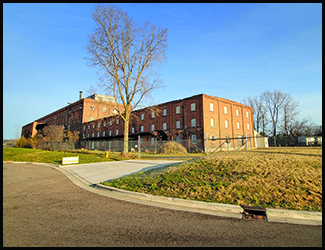
Independent Newsgroup Publications
Lead Stories


Owosso Planning Passes Indoor Marijuana Cultivation Facility Site Plan Review with Suggested Revisions
PARTS OF THE OLD OWOSSO SUGAR Company and a portion of surrounding land could potentially become an indoor marijuana cultivation facility that will include three buildings and potentially create nearly 100 [...] Independent Featured Stories
Sunday North
Tuesday, Dec. 21 Fire Damages Downtown Owosso Businesses
A FIRE AT LULA’S LOUISIANA COOKHOUSE started in the early morning hours of Tuesday, Dec. 21. The Owosso Fire Department responded quickly… Sunday South
Durand Water and Sewer Rates to Increase in July 2022
DURAND MAYOR KEN MCDONOUGH (left) and Durand City Manager Cameron Horvath are shown on Monday, Dec. 20, following a discussion on the water… Breaking News
Owosso Homeless Angels
CHRISTMAS ARRIVED EARLY to the Owosso Homeless Angels campus when employees from Covenant Eyes (CE) delivered a new playground set to the… Download The Independent
DOWNLOAD THE INDEPENDENT






